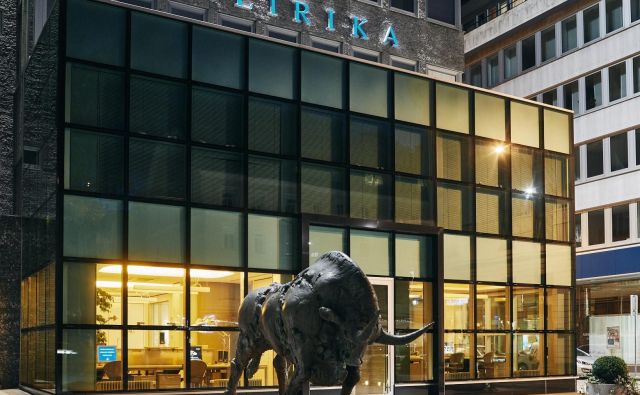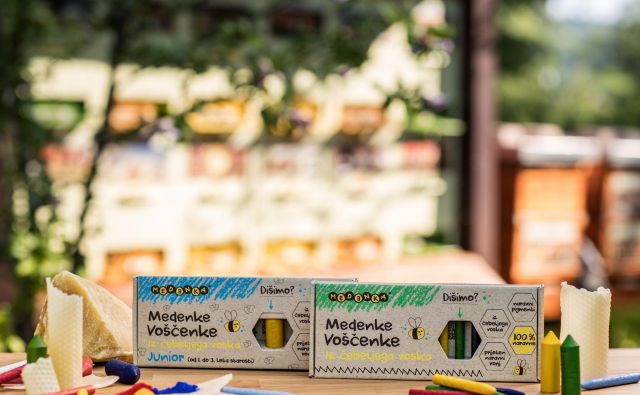SARRAN, France - Mr. Chirac's family hails from here, deep in rural France, and his wife, Bernadette, is an elected member of the department's governing council and deputy mayor of this tiny village of about 280 people. As president from 1995 to 2007, Mr. Chirac directed many expensive public works projects to the area, including roadways, an airport and a museum devoted to displaying nearly all the varied gifts he received as president.
Built on farmland 30 kilometers from the departmental capital of Tulle, the museum was opened in December 2000 and then expanded in 2006. It cost a total of about $23 million, shared by various levels of government, but with the largest part borne by Corrèze.
It is beautifully designed and holds a fascinating collection of lavish kitsch objects given to Mr. Chirac from the world's variety of democracies and despots.
The financial problems of Corrèze reflect a larger national difficulty with budget deficits. While the national government can borrow and issue bonds for operating expenses, local governments cannot. They can borrow only for capital investment and must have a balanced budget.
At the same time, through various "decentralizations," the national government has been dumping responsibility downward onto the departments, including the costs for most roads and maintenance, school construction and caring for the elderly, the handicapped and the long-term unemployed.
Corrèze now finds itself more than $476 million in debt - the highest per capita of any French department, about $1,600 a person, triple the national average.
With one of the oldest populations in France (13 percent are 75 or older) and the economic crisis meaning fewer property sales - the prime source of local tax revenue - expenses have gone up while receipts have declined. And there is no realistic possibility of raising local taxes.
"Our problem is that the state, which transferred the responsibilities and sets the rules, should have compensated us for the costs, but didn't do it ," said Dominique Ceaux, the administrative head of the Corrèze governing council, the Conseil Général.
The Socialist government of Corrèze, elected in March 2008, a year after Mr. Chirac left office, is required to pay the mortgage on the debt incurred in the Chirac period, now $48 million a year in principal and interest, or more than 10 percent of the department's annual budget.
François Hollande, the president of the Conseil Général and a member of the National Assembly from Corrèze, has slashed the investment budget in half, to $69 million, with road construction hit hardest. He has tried to cut staff and costs, promoting home care for the elderly rather than building retirement homes.
The problem is not limited to Corrèze. About a third of France's departments are deeply in debt. The problem became so acute that in December, the National Assembly approved a one-time grant of $207 million to the 30 most indebted departments. Corrèze would get about $14 million.
"People ask, ‘Why not shut the museum?' " Mr. Hollande said. "But it exists. The point is to make it work better and attract the public."
Mr. Hollande and Mr. Ceaux have worked to cut costs and raise revenue at the museum, reducing the staff to 10 from 13 and pressing the museum to organize more popular temporary exhibits.
After initial excitement about the museum, the number of visitors dropped to 34,000 in 2004, but increased to 59,300 in 2010, in part because of a Dior fashion exhibit that Mrs. Chirac helped to organize.
Mr. Hollande noted that the exhibit represented only the second time Mr. Chirac had visited.
In France, Bearing a Burden of Debt*
Corrèze is the most indebted of all of France's 100 departments, and former President Jacques Chirac appears to be the prime reason.
Objavljeno
14. februar 2011 18.21
 Tiskane izdaje
Tiskane izdaje























